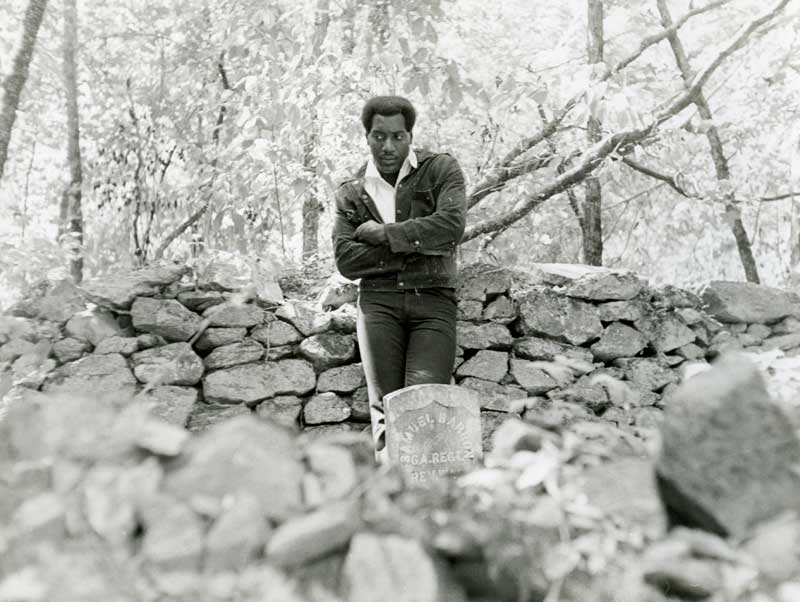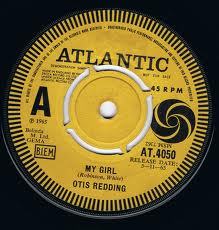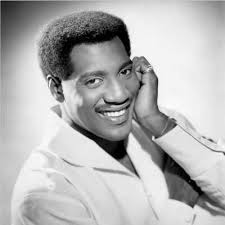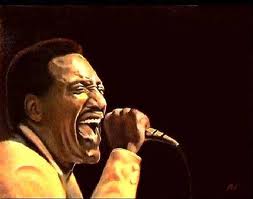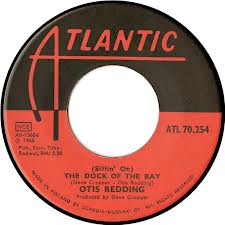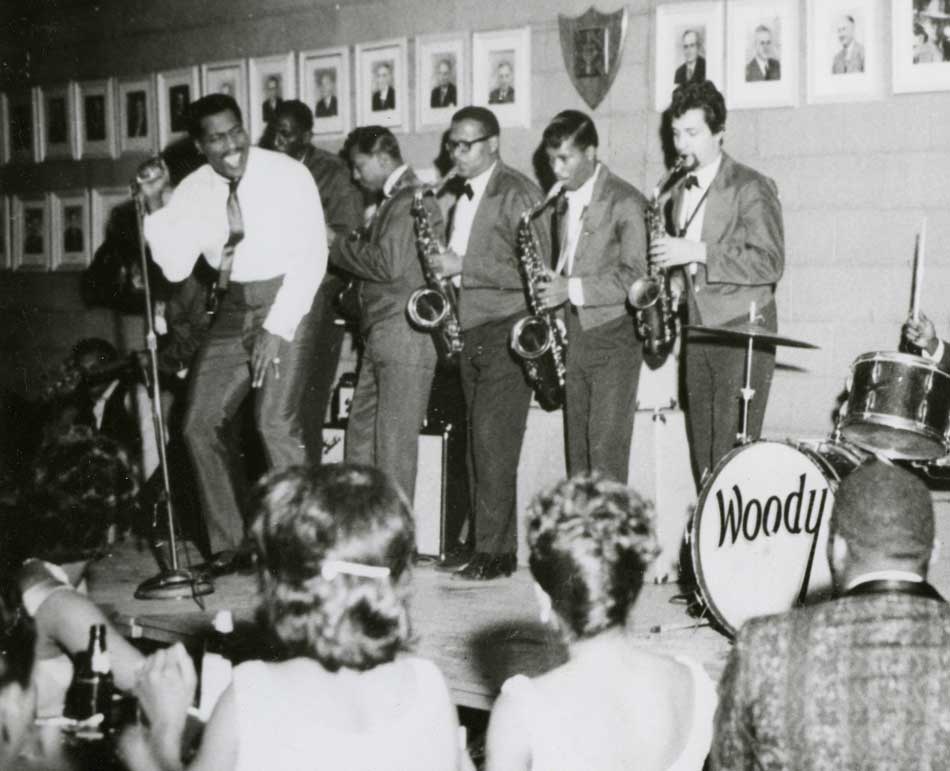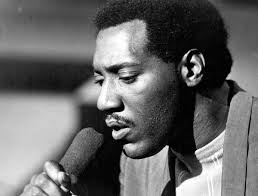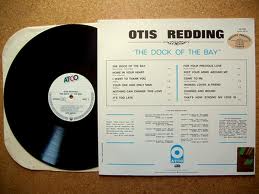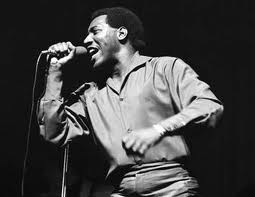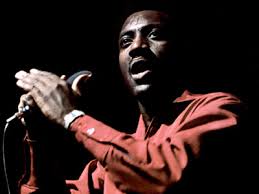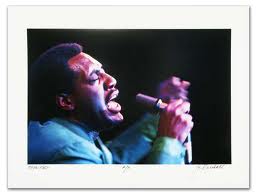Welcome To Northernsoultrain
Otis Redding
Otis Ray Redding, Jr. (September 9, 1941 – December 10, 1967) was an American singer, songwriter, record producer, arranger and talent scout. He is considered one of the greatest singers in popular music and a major artist in soul and rhythm and blues. His singing style was powerfully influential among soul artists of 1960s and helped exemplify the Stax Sound.
Born and raised in Georgia, United States, Redding left school at 15 to support his family, working with Little Richard's backing band, the Upsetters, and performing at talent shows for prize money. In 1958, he joined Johnny Jenkins' band,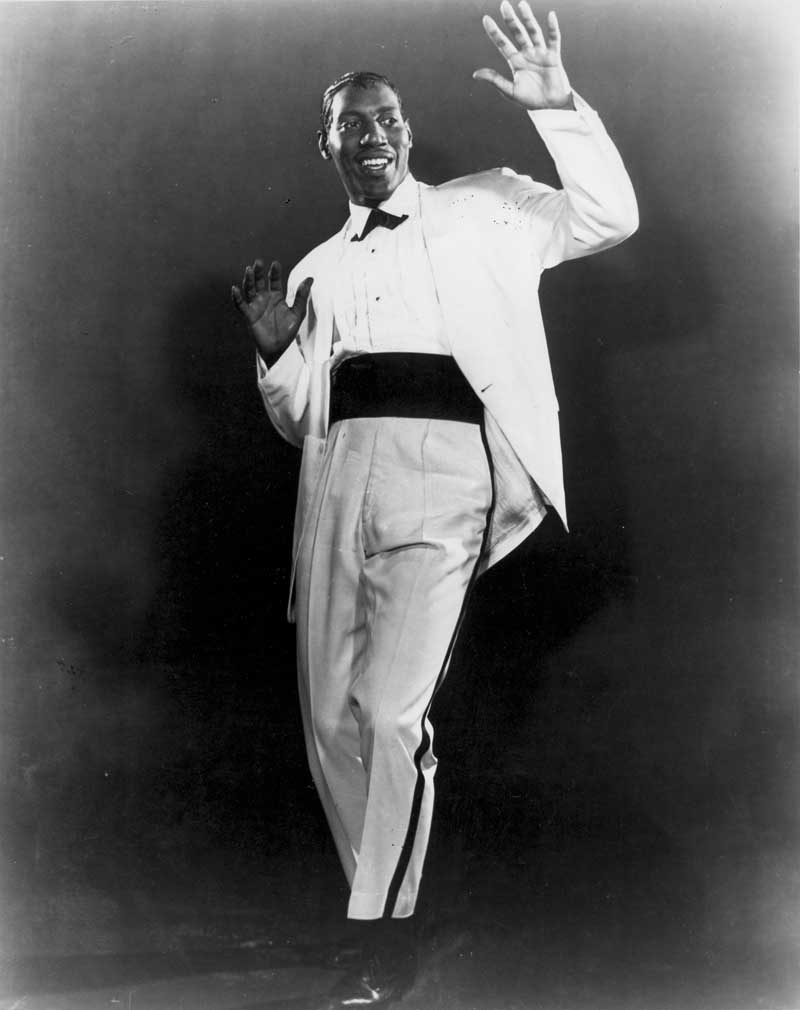 the Pinetoppers, and toured the Southern United States as driver and musician. An unscheduled appearance on a Stax recording session led to a contract and his first single, "These Arms of Mine", in 1962. Stax released Redding's debut album, Pain in My Heart, two years later.
the Pinetoppers, and toured the Southern United States as driver and musician. An unscheduled appearance on a Stax recording session led to a contract and his first single, "These Arms of Mine", in 1962. Stax released Redding's debut album, Pain in My Heart, two years later.
Initially popular mainly with African Americans, Redding later reached the broader American popular music audience. He and his group first played small gigs in the South, then debuted in the western United States at LA's popular Whisky a Go Go. They later performed in Paris, London and other European cities.
After appearing at the 1967 Monterey Pop Festival Redding wrote and recorded the iconic "(Sittin' On) The Dock of the Bay" with Steve Cropper. The song became the first posthumous number-one record on both the Billboard Hot 100 and R&B charts after his death in a plane crash. The Dock of the Bay became the first posthumous album to reach number one on the UK Albums Chart.
Redding's premature death devastated Stax. Already on the verge of bankruptcy, the label soon discovered that Atlantic Records owned the rights to his entire catalog.
Redding received many posthumous accolades, including the Grammy Lifetime Achievement Award and induction into the Rock and Roll Hall of Fame and the Songwriters Hall of Fame. He received the honorific "King of Soul". In addition to "(Sittin' On) The Dock of the Bay," "Respect" and "Try a Little Tenderness" are among his best known songs.
A member of Pat T. Cake and the Mighty Panthers, Redding toured the Southern United States on the Chitlin' circuit. These venues were the only ones available for African American musicians during the era of racial segregation that lasted into the early 1960s. Jenkins left the band to become the featured artist with the Pinetoppers. Around this time, Redding met Phil Walden, the future founder of the recording company Phil Walden and Associates, and later Bobby Smith, who ran the small label Confederate Records. He signed with Confederate and recorded his second single, "Shout Bamalama" (a rewrite of "Gamma Lamma") and "Fat Girl", together with his band Otis and the Shooters. Around this time he and the Pinetoppers attended a "Battle of the Bands" show in Lakeside Park. Wayne Cochran, the only solo artist signed to Confederate, became the Pinetoppers' bassist
Redding's success allowed him to buy a 300-acre (1.2 km2) ranch in Georgia, which he called the "Big O Ranch." Stax was also doing well. Walden signed more musicians, including Percy Sledge, Johnnie Taylor, Clarence Carter and Eddie Floyd, and together with Redding they founded two production companies. "Jotis Records" (derived from Joe Galkin and Otis) released four recordings, two by Arthur Conley and one by Billy Young and Loretta Williams. The other was named Redwal Music (derived from Redding and Walden), which has been shut down shortly after its creation. Since Afro-Americans still formed the majority of fans, Redding chose to perform at Whisky a Go Go on the Sunset Strip in Los Angeles. Redding was one of the first soul artists to perform in the western United States. His performance received critical acclaim, including positive press in the Los Angeles Times and he penetrated mainstream popular culture. Bob Dylan attended the performance and offered Redding an altered version of one of his songs, "Just Like a Woman".
In late 1966, Redding returned to the Stax studio. At this session he recorded tracks including "Try a Little Tenderness", originally written by Jimmy Campbell, Reg Connelly and Harry M. Woods in 1932. This song had previously been covered by Bing Crosby and Frank Sinatra, and the publishers unsuccessfully tried to stop Redding from recording the song from a "negro perspective'. Today often considered his signature song, Jim Stewart reckoned, "If there's one song, one performance that really sort of sums up Otis and what he's about, it's 'Try a Little Tenderness'. That one performance is so special and so unique that it expresses who he is." On this version Redding was backed by Booker T. & the M.G.'s, while staff producer Isaac Hayes worked on the arrangement. "Try a Little Tenderness" was included on his next album, Complete & Unbelievable: The Otis Redding Dictionary of Soul. The song and the album were critically and commercially successful—the former peaked at number 25 on the Billboard Hot 100 chart and at number 4 on the R&B chart
The spring of 1966 marked the first time that Stax booked concerts for its artists.[39] The majority of the group arrived in London on March 13,[37][40] but Redding had flown in days earlier for interviews, such as at the "The Eamonn Andrews Show". When the crew arrived in London, the Beatles sent a limousine to pick them up. Booking agent Bill Graham proposed that Redding play at the Fillmore Auditorium in late 1966. The gig was commercially and critically successful, paying Redding around $800 to $1000 a night. It prompted Graham to remark afterwards, "That was the best gig I ever put on in my entire life." Redding began touring Europe six months later
By 1967 the band was traveling to gigs on Redding's Beechcraft H18. Late that year they flew to Nashville, and on December 9, 1967, appeared on the Upbeat television show produced in Cleveland. They played three concerts in two nights at a small club called Leo's Casino. After a phone call with Zelma and their children, Redding's next stop was Madison, Wisconsin. On the next day they were to play at the Factory nightclub near the University of Wisconsin
Although the weather was poor, with heavy rain and fog and despite warnings, the plane took off. Four miles from their destination at Truax Field in Madison, the pilot radioed for permission to land. Shortly thereafter, the plane crashed into Lake Monona. Bar-Kays member Ben Cauley, the accident's only survivor, was sleeping shortly before the accident. He woke just before impact to see bandmate Phalon Jones look out a window and exclaim, "Oh, no!" Cauley said the last thing he remembered before the crash was unbuckling his seat belt. He then found himself in frigid water, grasping a seat cushion to keep afloat. A non-swimmer, he was unable to rescue the others. The cause of the crash was never determined. James Brown claimed in his autobiography, The Godfather of Soul, that he had warned Redding not to fly in the plane
Aretha Franklin stated, "I heard it on the TV. My sister Caroline and I stopped everything and stayed glued to the TV and radio. It was a tragedy. Shocking." Other victims were pilot Richard Fraser, drummer Matthew Kelly, lead guitarist of the Bar-Kays Jimmy King, tenor saxophonist Phalon Jones, organist Ronnie Caldwell and drummer Carl Cunningham.
Redding's body was recovered the next day when the lake bed was searched. The family postponed the funeral from December 15 to December 18 so that more could attend. The service took place at the City Auditorium in Macon. More than 4,500 people came to the funeral, overflowing the 3,000-seat hall, although many did not know who he was. Johnny Jenkins and Isaac Hayes did not come, fearing their reaction would be worse than Zelma Redding's. Redding was entombed at his ranch in Round Oak, about 20 miles (32 km) north of Macon. Jerry Wexler delivered the eulogy. Redding died just three days after recording Dock of the Bay. He was survived by Zelma and three children, Otis III, Dexter and Karla. Otis, Dexter and cousin Mark Lockett later founded the Reddings, a band managed by Zelma. She also maintained or worked at the janitorial service Maids Over Macon, several nightclubs and booking agencies.On November 8, 1997, a memorial plaque was placed on the lakeside deck of the Madison convention center, Monona Terrace.
